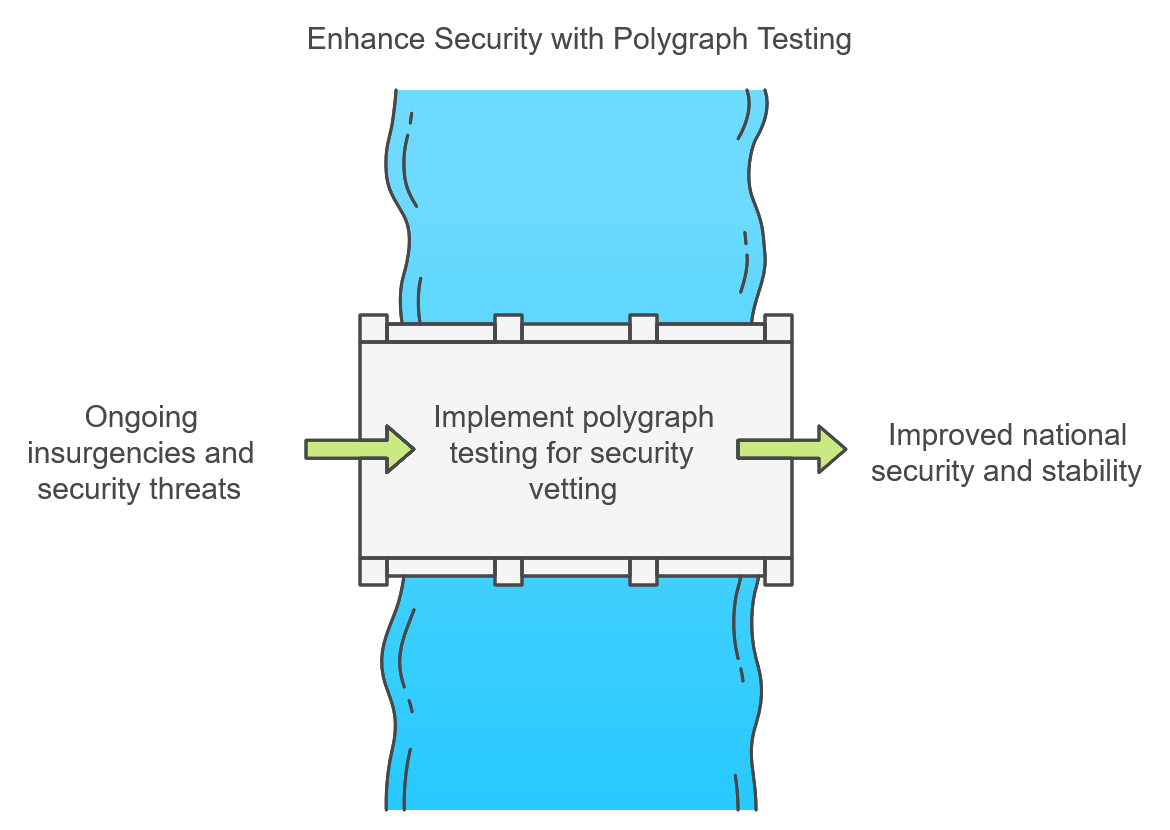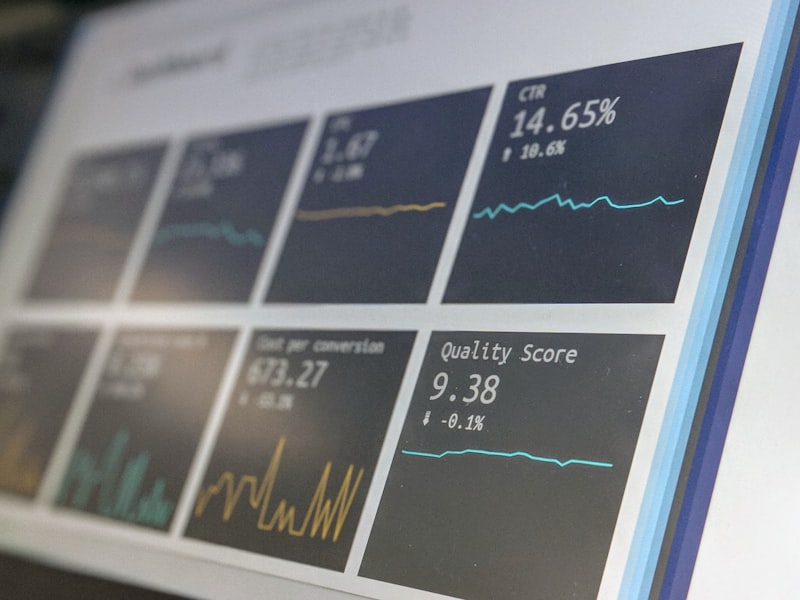Data-Driven Risk Management: The Future is Here
The era of reactive risk management waiting for a crisis to occur before formulating a response is officially over.
Read MoreJuly 25, 2024
In a world where national security hinges on timely intelligence and robust internal safeguards, Nigeria finds itself at a critical juncture. As the nation battles longstanding insurgencies, rampant banditry, pervasive kidnapping, and threats of electoral malpractice, one proven investigative tool is drawing renewed attention: the polygraph.
Also known as the lie detector, the polygraph has served as a frontline asset in security vetting processes across the globe. It measures physiological responses—such as heart rate, breathing patterns, and skin conductivity—to detect signs of deception. According to the U.S. Federal Bureau of Investigation (FBI), polygraph testing remains “a valuable tool” in screening personnel and verifying critical information. This stance is echoed by intelligence agencies and security experts who consider the device a reliable line of defence against infiltration and internal compromise.

Insider threats—whether driven by ideology, greed, or personal grievance—can undermine even the most fortified institutions. “Preventing infiltration begins at home,” says a senior official at an international security consultancy based in London. “Regular polygraph examinations can discourage dishonesty within the ranks and help identify individuals whose loyalties may be in question.” When applied to sensitive government and military roles, these tests can serve as a key safeguard against internal vulnerabilities.
In an era of rampant misinformation, the credibility of intelligence sources becomes paramount. “Misinformation can derail security planning,” warns a former CIA counterintelligence officer speaking anonymously. Integrating polygraph testing into intelligence cycles can help separate fact from fabrication, ensuring that decision-makers rely on vetted data rather than rumour or manipulation.
Nigeria’s struggle against groups like Boko Haram adds urgency to rigorous personnel vetting. In 2020, a Nigerian military officer was accused of aiding terrorists—an event that threatened ongoing operations. “A structured polygraph program can act as a gatekeeper,” explains a former United Nations security advisor, “detecting deceptive behavior before it translates into deadly action.”
Beyond recruitment checks, polygraphs can refine interrogation strategies. Authorities in Zamfara, plagued by banditry, often grapple with distinguishing coerced individuals from willing perpetrators. “If we have a tool that can separate truth-tellers from liars more effectively, it’s a game-changer,” says a senior Nigerian police official. Accurately identifying genuine victims enables targeted support, while ensuring culprits are brought to justice.
Nigeria’s electoral processes have endured scrutiny for alleged malpractice and violence. Screening key officials through polygraph testing could bolster trust in the system. “Transparency is essential,” says a spokesperson for an international election-monitoring body. By discouraging corrupt practices, polygraphs may help pave the way for more credible elections and stable governance.
Debate persists over polygraph accuracy. The American Psychological Association (APA) has noted risks of false positives and cultural biases. Still, advocates maintain that modern techniques and enhanced examiner training have improved reliability. As a senior lecturer at King’s College London’s Department of War Studies puts it, “It’s not a silver bullet, but it is a valuable instrument when integrated thoughtfully within a broader security framework.”
As Nigeria confronts insurgents, bandits, and political opportunists, the polygraph emerges not as a cure-all but as a potent complement to existing measures. Embracing its potential could mean fewer insider betrayals, more reliable intelligence, stricter electoral honesty, and stronger defences against infiltration.
As a former Nigerian intelligence chief, I believe that our security environment has many dimensions. No single tool will fix everything, but incorporating polygraph testing can help tip the balance in favour of truth. As things stand now, every advantage counts.

Security Consulting
The era of reactive risk management waiting for a crisis to occur before formulating a response is officially over.
Read More
Security Consulting
For businesses in Nigeria and across the globe, understanding and mitigating physical risks has never been more critical.
Read More
Protective Intelligence
Should ordinary citizens take up arms to defend themselves? On the surface, it seems a simple, visceral answer to a complex problem.
Read More